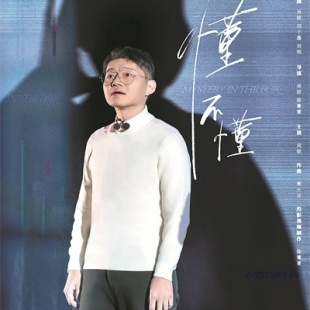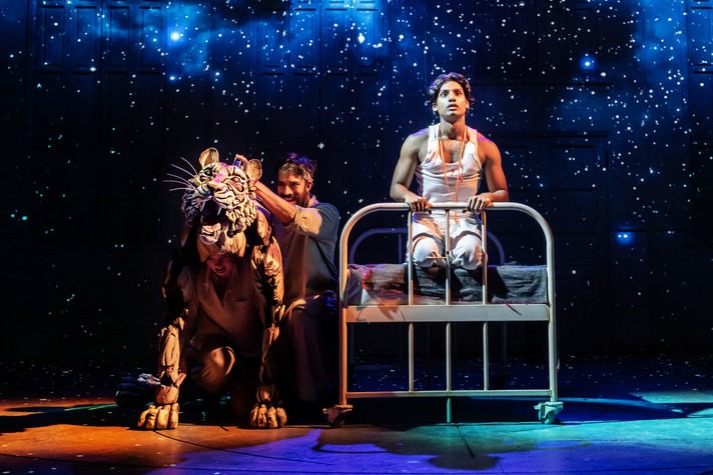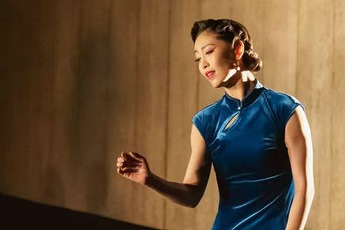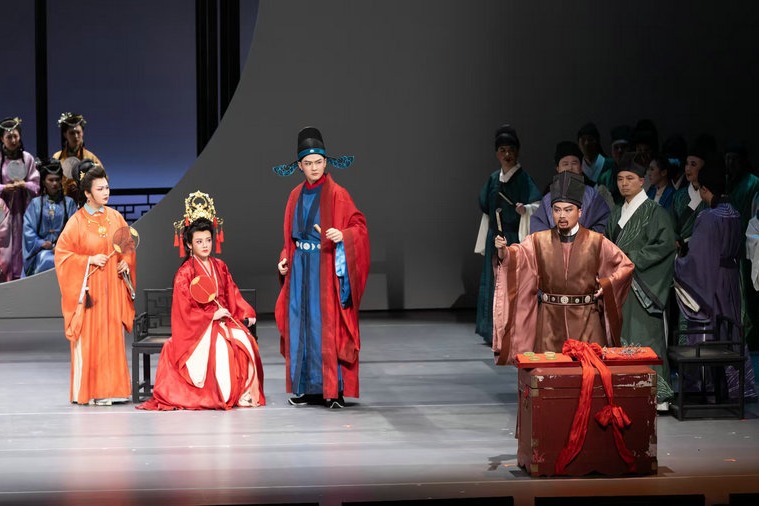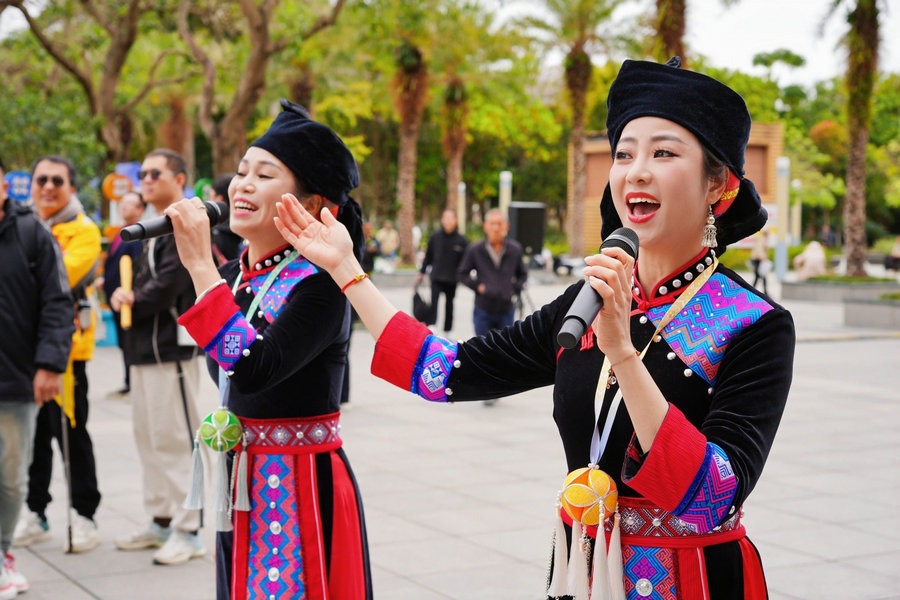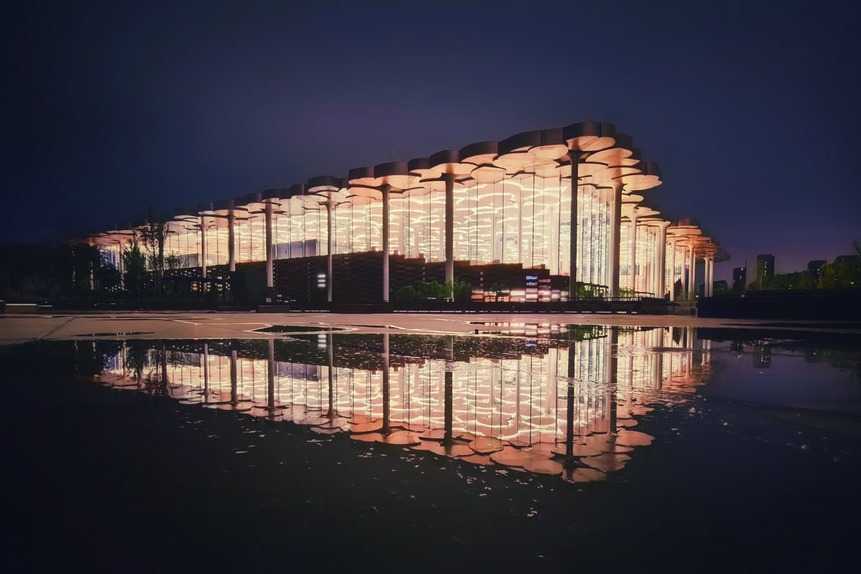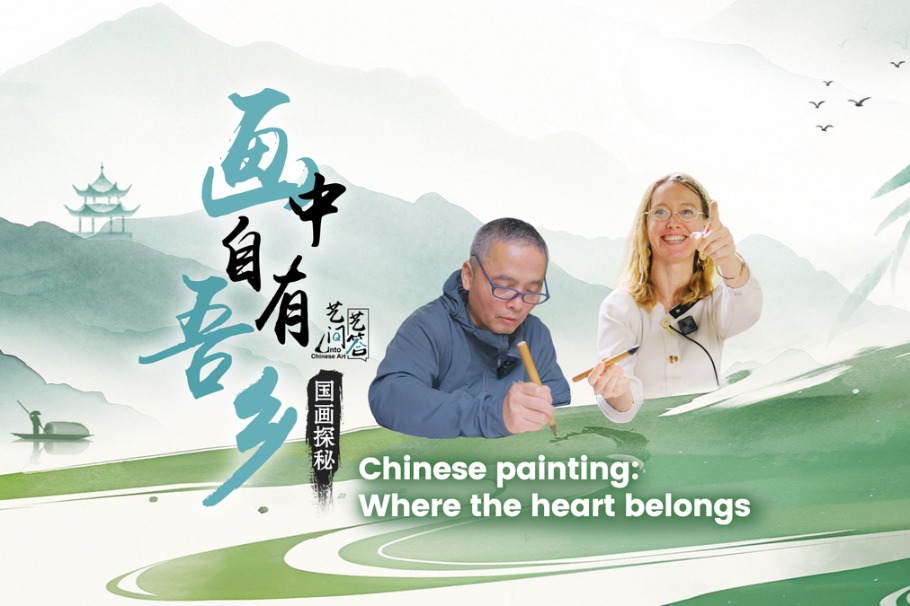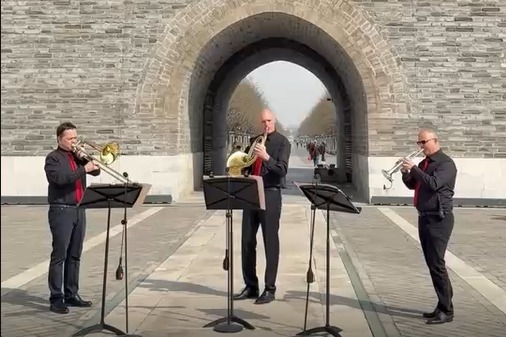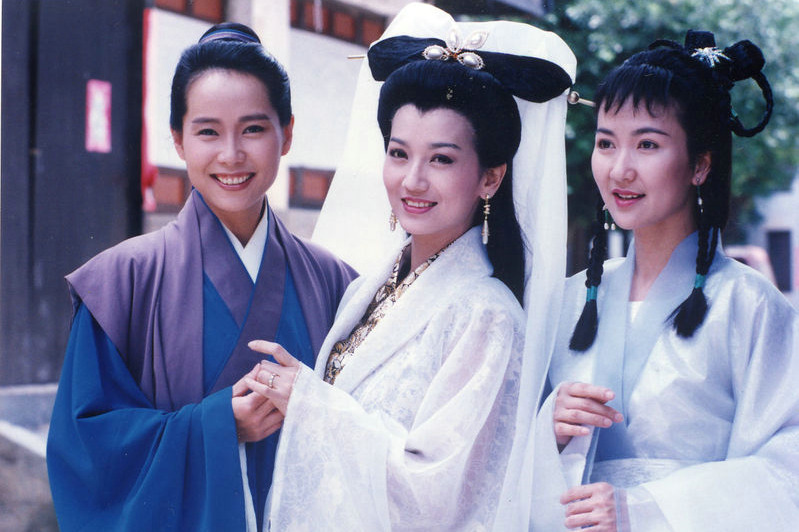With 10-minute plays, director puts the theater into reality TV

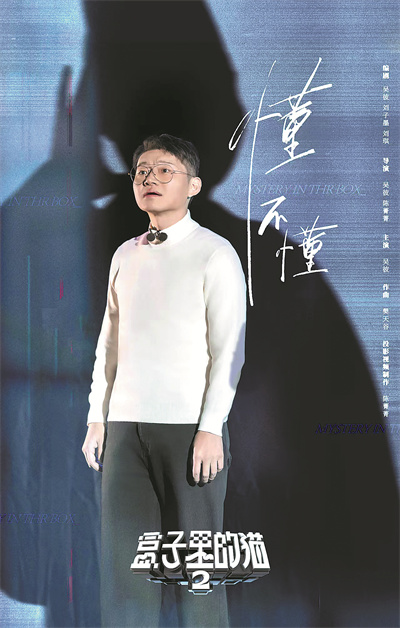
In As You Like It, Shakespeare writes: "All the world's a stage, and all the men and women merely players." This timeless line finds modern echo in the recently aired reality show, Mystery in the Box.
The show is based around a series of "boxes", each an independent world and stage for an improvised play. As celebrity guests enter one of the boxes, they must follow the rules of that specific world, taking on their assigned roles to overcome a series of challenges designed to test their wit, strength and creativity.
The narrative framework of each box explores societal themes such as familial bonds, digital existence and modern anxieties. Every episode ends with a short, experimental theater piece that reflects on its theme.
In the first episode, celebrities including actor Mark Zhao, actress Jin Jing, comedian Xu Zhisheng and members of pop group T.O.P entered a simulated town. There, children had to compete in games and tests to earn Existence Points, the virtual currency used in the town. The participants played either parent or child roles as they tried to earn points.
The episode concluded with a powerful 10-minute play by actor and director Wu Bi. His two-character drama was about a couple struggling with parenting pressures, and captured the frustrations and compromises many parents face.
As the theater consultant for the reality show, Wu is responsible for writing eight short plays during the course of the season, each interpreting the themes explored in the episodes to provoke deeper audience reflection.
"Though each play lasts only about 10 minutes, we still work to make them well crafted and emotionally impactful," he says.
Wu has been active in film, television, and reality shows in recent years, but his true passion remains the stage.
His credits include classic productions like Green Snake and Four Generations Under One Roof, both produced by the National Theatre of China, as well as theater director Stan Lai's play Secret Love in Peach Blossom Land.
Wu's self-written play Static, which he also directed and performed in, won Best Drama at the 3rd Wuzhen Theater Festival's Emerging Theatre Artists Competition in 2015, and he now serves as a judge for the competition.
By incorporating theatrical elements into reality shows, Wu hopes to attract more people to live theater.
"Stage productions typically run two to three hours, but we only have 10 minutes in the reality show — creating a complete narrative within this time frame presents greater scripting challenges," he explains.
"Additionally, theater offers a holistic experience for audiences, whereas performing for reality show requires actors to pay extra attention to filming details like hand gestures and subtle eye expressions."
Wu's path to theater wasn't exactly planned. Growing up, he first trained to sing. After he won a singing competition as a child, his parents took him to Beijing for the award ceremony.
There, his mother struck up a conversation with someone who remarked that her son looked like he'd be good at performing.
Performing — or xi in Chinese — can refer to either modern theater or traditional opera — but Wu's mother took it as meaning the latter.
"Next thing I knew, she'd signed me up for Peking Opera classes as soon as we got home," he recalls with a laugh.
And so he began grueling training in one of the most demanding Chinese performance arts, although he credits that training to this day.
"That discipline still nourishes me," Wu says.
"The ability to maintain razor-sharp focus onstage, to calibrate every movement with precision, to communicate effortlessly with an audience — all these come from those arduous days of Peking Opera drills."


